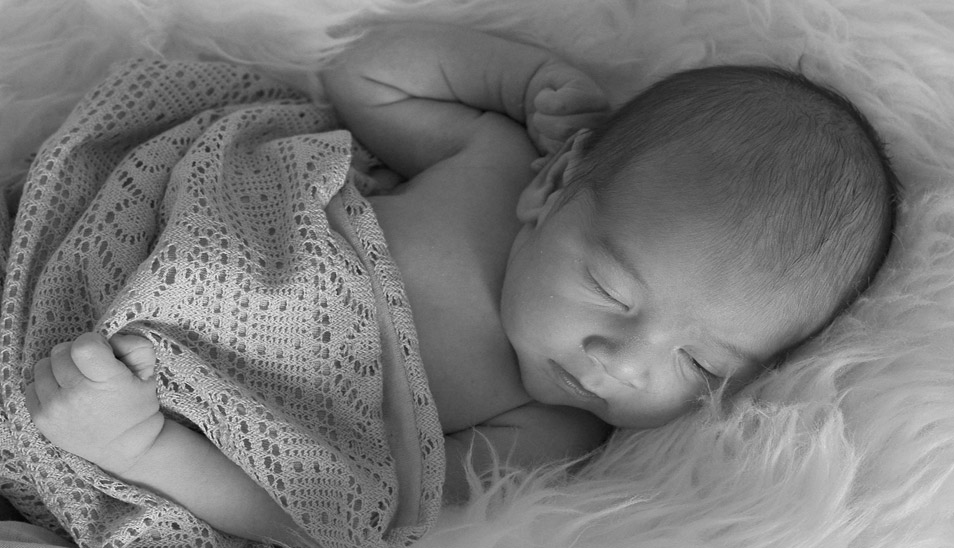Created by Cardiologists
Trusted by Doctors
Trusted by Doctors
1-800-811-1007
CLOSE
There are no items in your bag
- Why CardioTabs?
- Products
- Pickleball Pack
- Magnesium Plus
- Immunity Starter Pack
- Mental Health Starter Pack
- Cholesterol Control Pack
- Nerve Relief Pack
- Advanced Formula Probiotic
- Curcumin
- BONE Essentials
- Ultra CoQ10
- Omega-3 Lemon Minis + Vitamin D3
- Omega-3 Enteric-Coated
- Omega-3 Extra Strength + Vitamin D3
- Ultra Strength Liquid Omega-3 + Vitamin D3
- CardioSterol
- Red Yeast Rice
- CardioTea with L-Theanine
- Multivitamin - 60 Day
- Multivitamin - 120 Day
- Vitamin D
- Vitamin D Test
- Forever Young Diet & Lifestyle Book
- Let Me Tell You A Story
- Omega-3 Index Test
- Quick Shop
- Shop By Health Interest
- Supplement Advisor
- Blog
- Rewards Program
Product added to shopping cart





